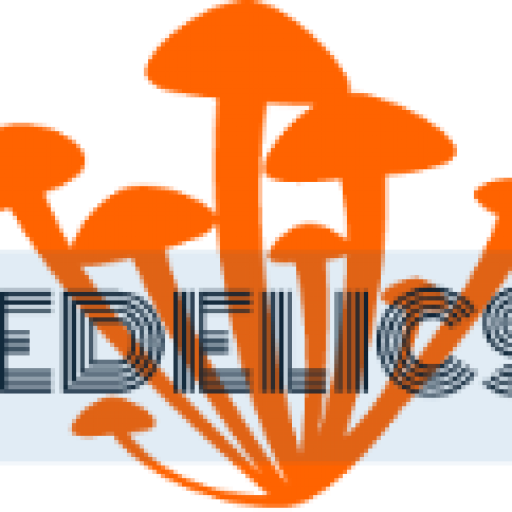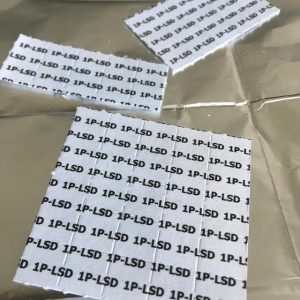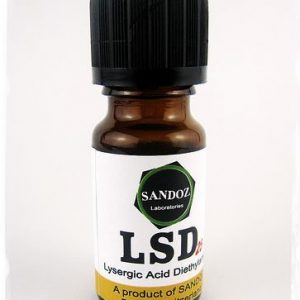LSD, Lysergic acid diethylamide, also called colloquially as acid, is a hallucinogenic product. It effects typically include altered thoughts, feelings, and awareness of one’s surroundings. Many users see or hear things that do not exist. Dilated pupils, increased blood pressure, and increased body temperature are typical. It is used mainly as a recreational drug or for spiritual reasons.
LSD does not appear to be addictive, although tolerance may occur with use of increasing doses. Adverse psychiatric reactions are possible, such as anxiety, paranoia, and delusions. Distressing flashbacks might occur in spite of no further use, a condition called hallucinogen persisting perception disorder.
LSD
LSD BLOTER
LSD
LSD BLOTER
LSD BLOTER
LSD
Introduction
LSD, also known as acid, is one of the most famous and potent psychedelic substances known to humankind. From its discovery in the 1940s to its cultural impact in the 1960s and beyond, LSD has been a subject of fascination and controversy. In this comprehensive article, we will explore the history, effects, therapeutic potential, legal status, and safety considerations surrounding LSD.
The Birth of LSD: A Serendipitous Discovery
LSD was first synthesized in 1938 by Swiss chemist Albert Hofmann while researching ergot alkaloids. However, it wasn't until April 19, 1943, that Hofmann accidentally ingested a small amount of LSD, leading to the first recorded intentional psychedelic trip.
The LSD Experience: Mind-Altering Effects
LSD induces a wide range of effects, including visual hallucinations, heightened sensory perception, and altered thought patterns. Users may experience an enhanced sense of interconnectedness and a deeper understanding of their emotions and surroundings.
LSD Dosage and Trip Duration
The potency of LSD is measured in micrograms, and even a small dose can produce significant effects. The duration of an LSD trip can last anywhere from 6 to 12 hours, depending on the dosage and individual factors.
Therapeutic Potential of LSD
Despite its controversial history, LSD has shown promise in therapeutic settings. Studies have explored its potential to treat mental health conditions, including depression, anxiety, PTSD, and addiction. Therapeutic sessions often involve careful preparation and integration to maximize the benefits.
Responsible Use: Set and Setting
Responsible use of LSD involves creating a supportive set (mindset) and setting (environment) for the experience. Ensuring a safe and comfortable environment, having a trusted guide, and approaching the experience with intention are crucial factors in a positive LSD trip.
Legal Status of LSD
LSD is classified as a Schedule I controlled substance in many countries, including the United States. Possession, distribution, and manufacturing of LSD are strictly prohibited under federal law and carry severe legal consequences.
Myths and Misconceptions
LSD has been the subject of numerous myths and misconceptions. Debunking these myths, such as the idea of LSD staying in the spine, is essential to understanding the substance's effects and risks accurately.
Health and Safety Considerations
While LSD is not physically addictive, psychological dependence is possible with frequent use. Additionally, individuals with a history of mental health issues or a family history of psychiatric disorders should approach LSD with caution.
Conclusion
LSD, with its profound effects on consciousness and perception, continues to intrigue researchers, artists, and seekers of spiritual experiences. Its potential therapeutic benefits and insights into the human mind have sparked renewed interest in recent years. However, the responsible use of LSD is paramount to minimize risks and ensure a positive and transformative experience. As scientific research and public perception evolve, LSD's legacy as a powerful and enigmatic substance will continue to shape our understanding of consciousness and the human experience.
















